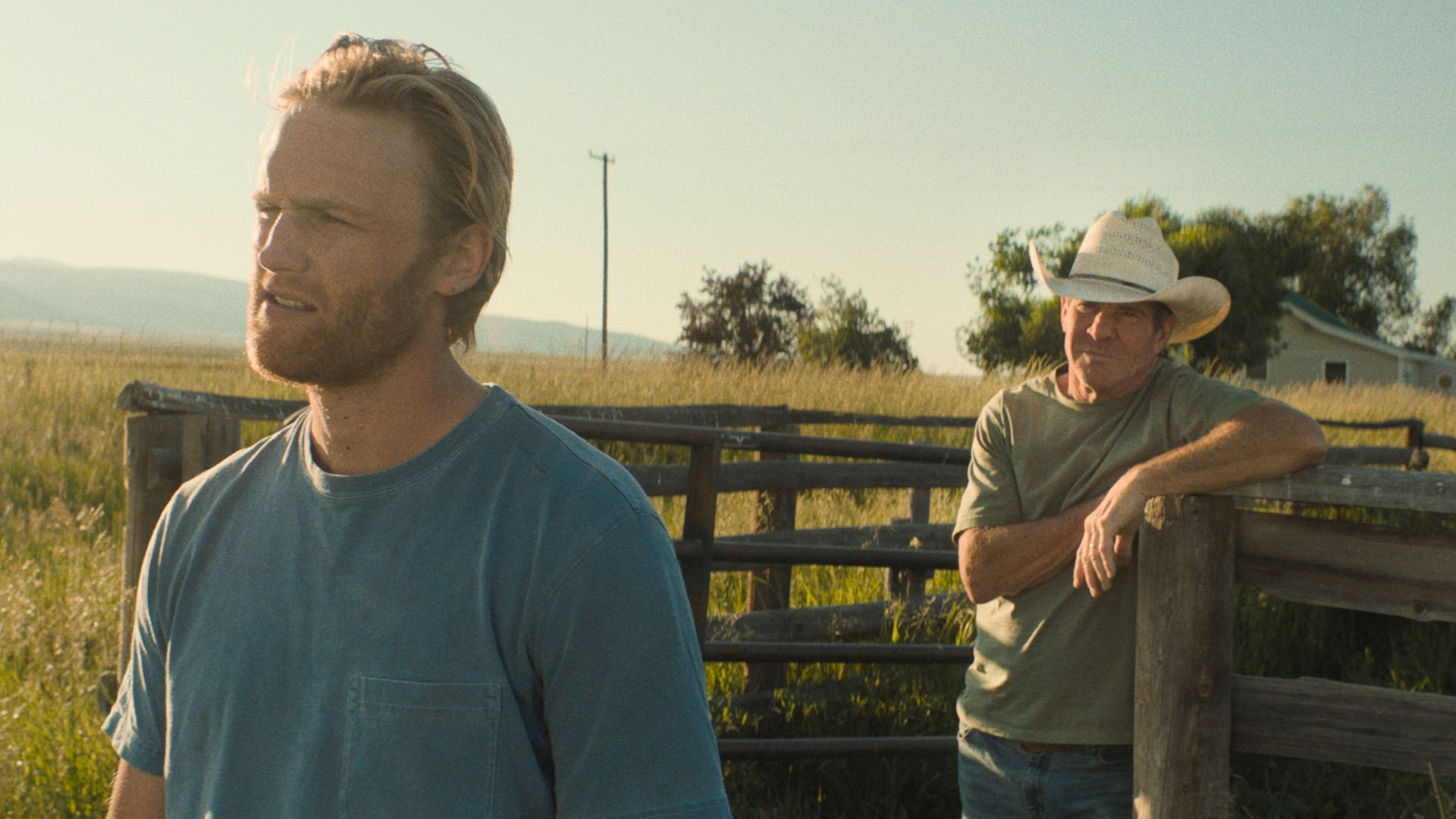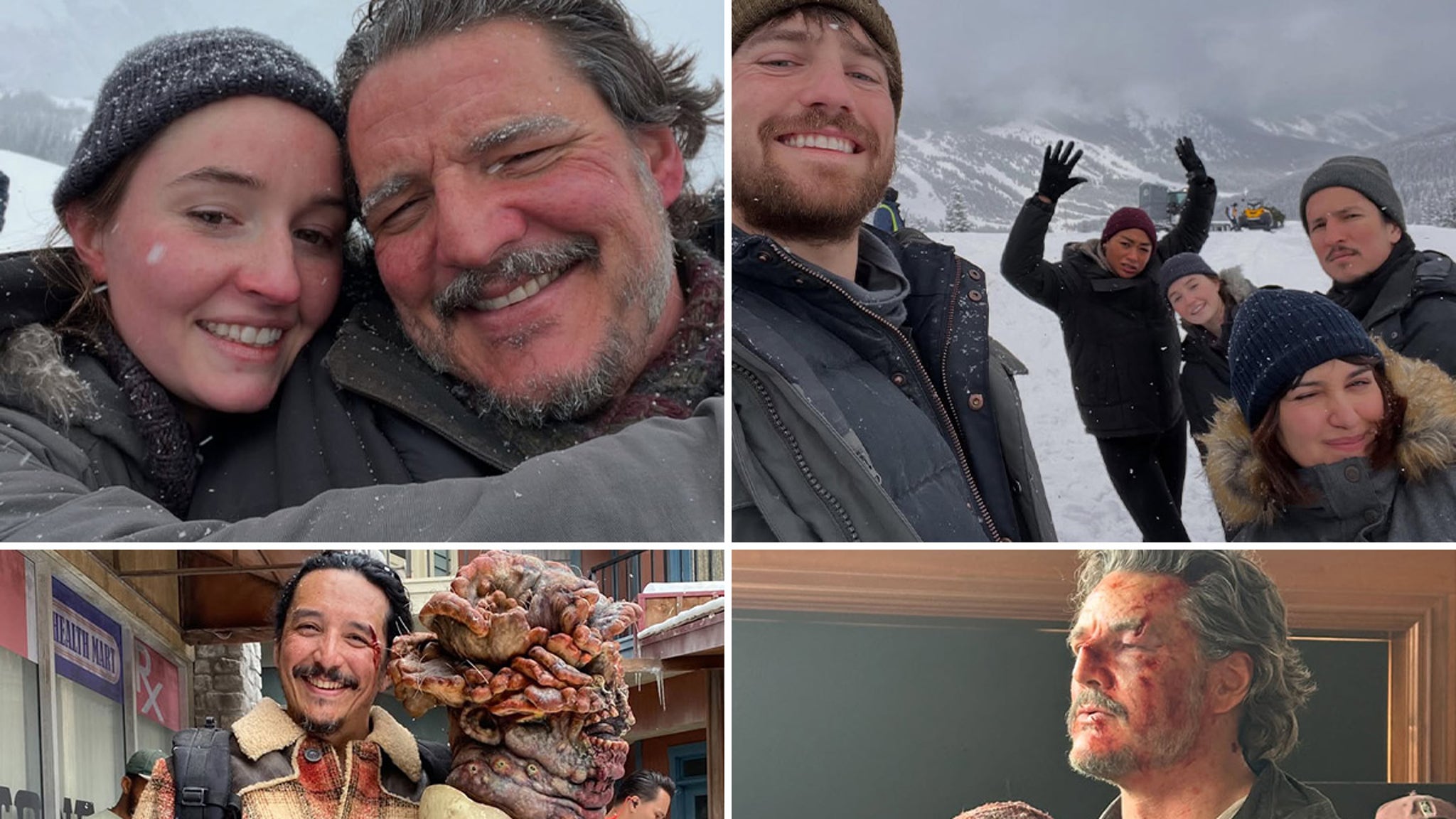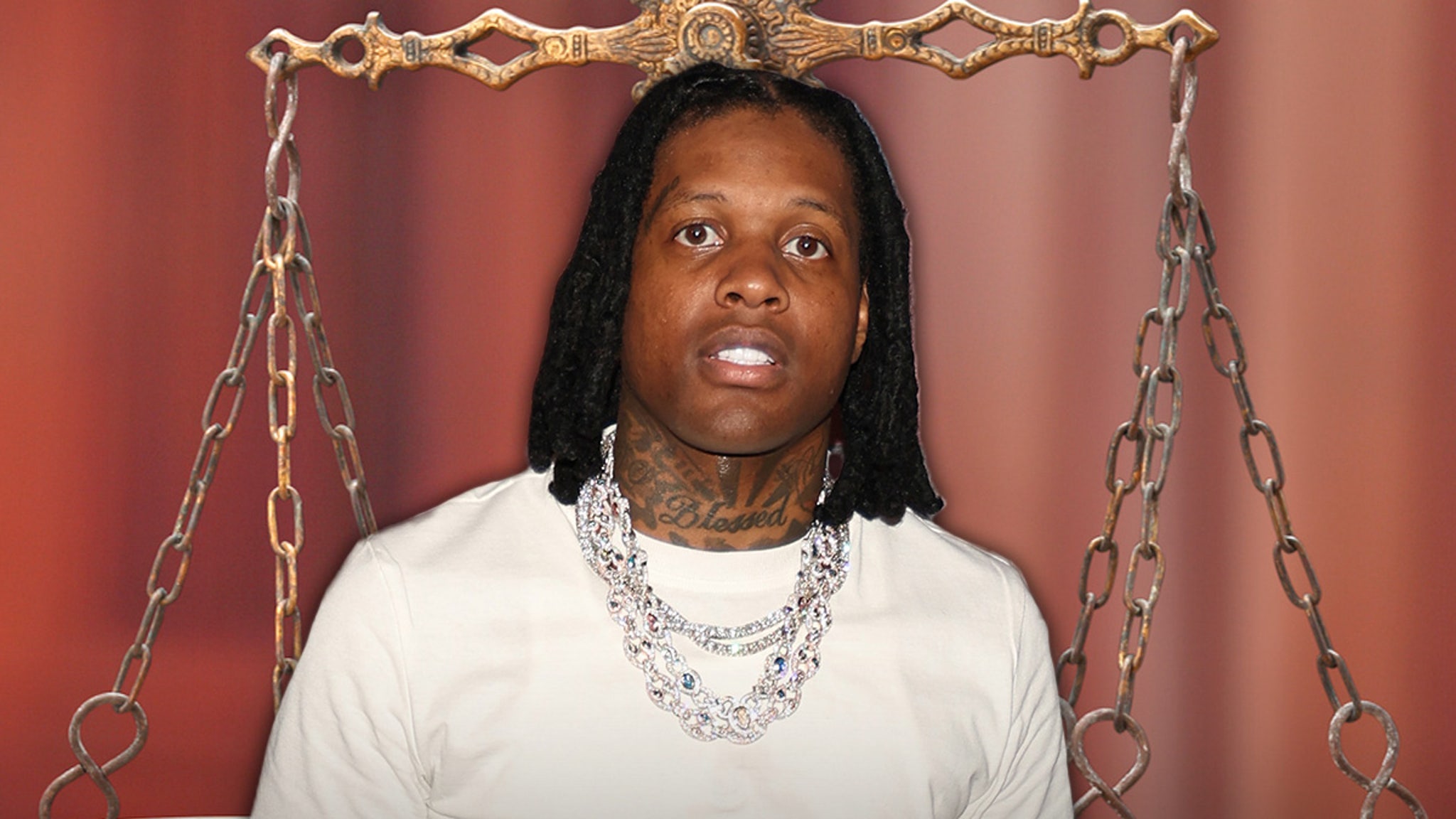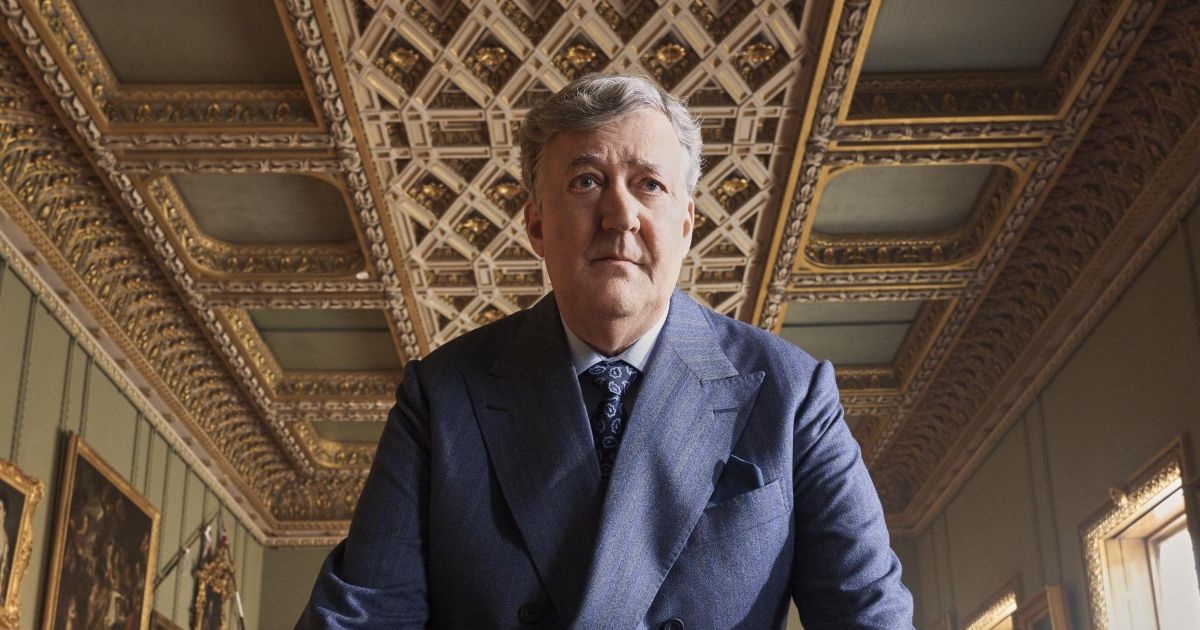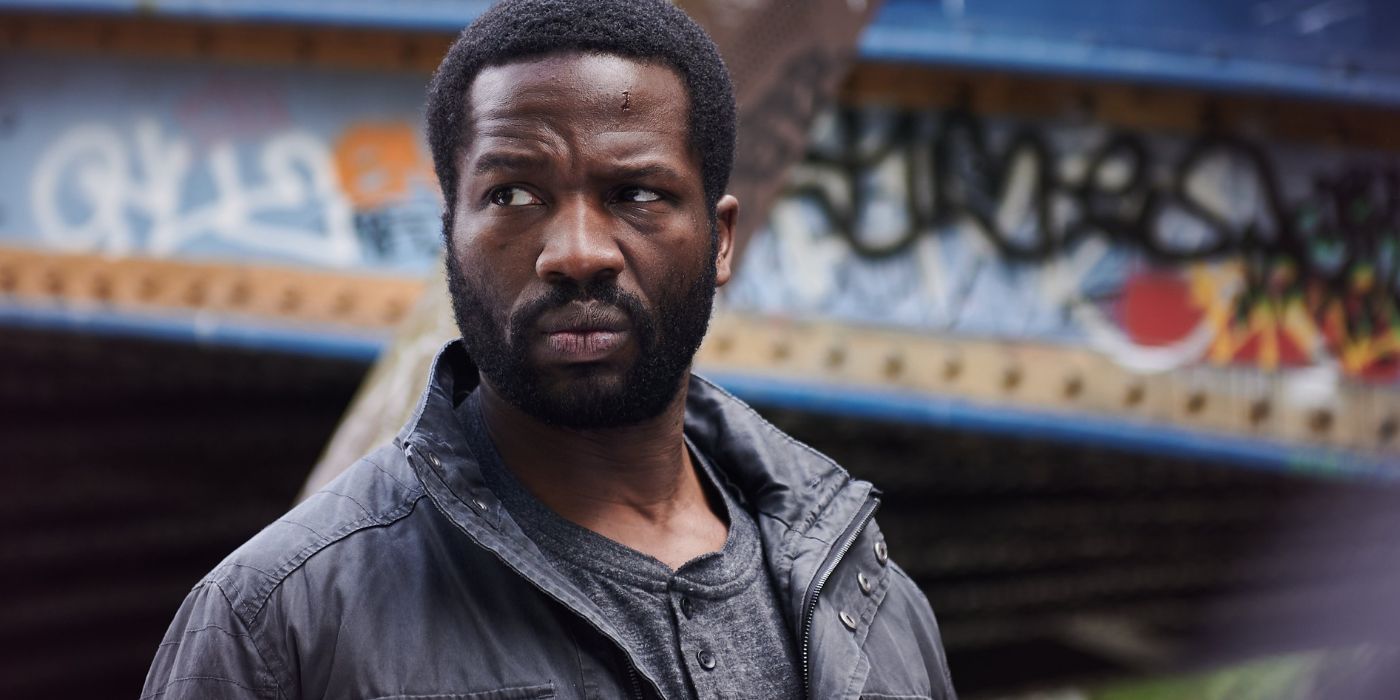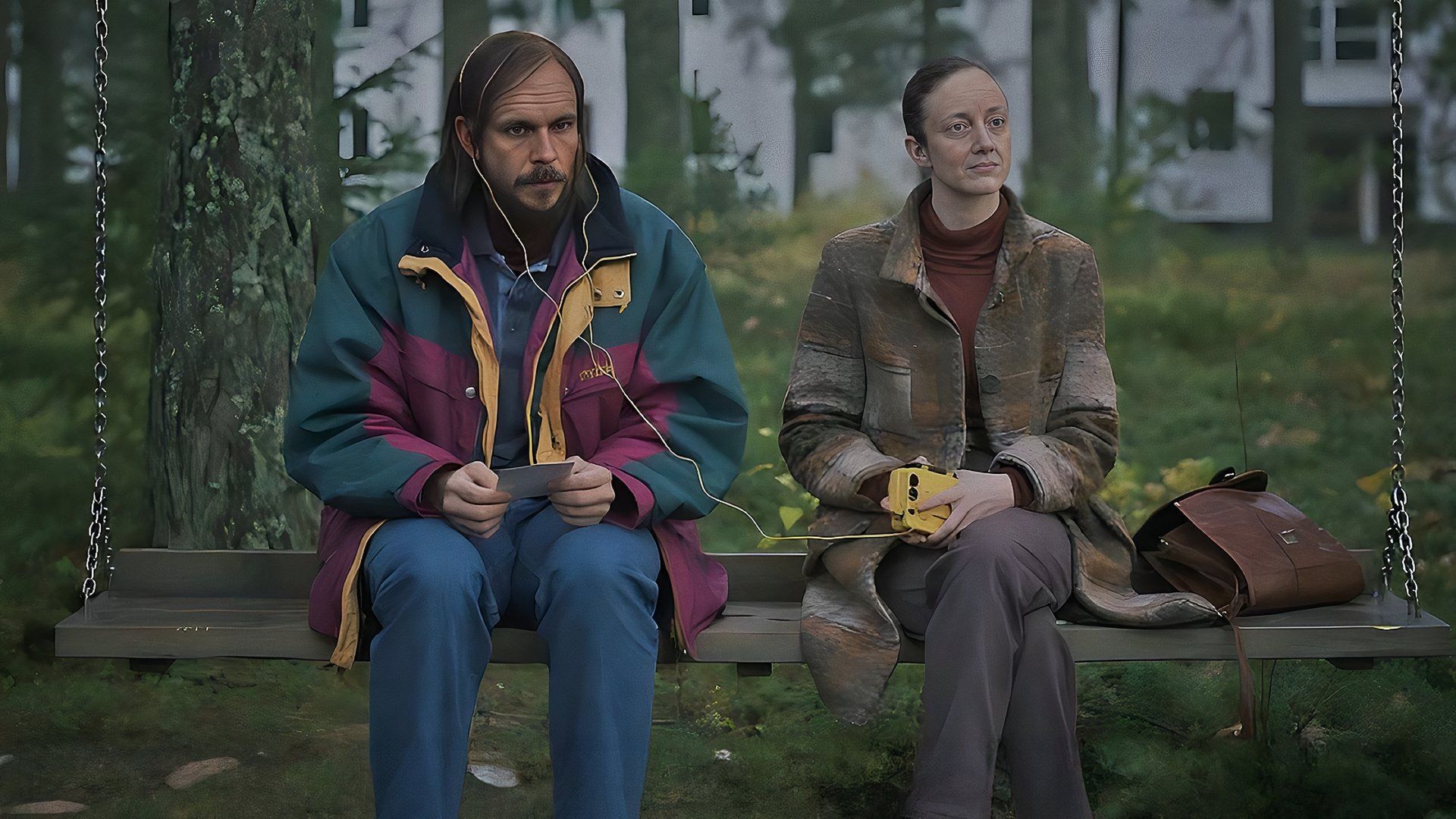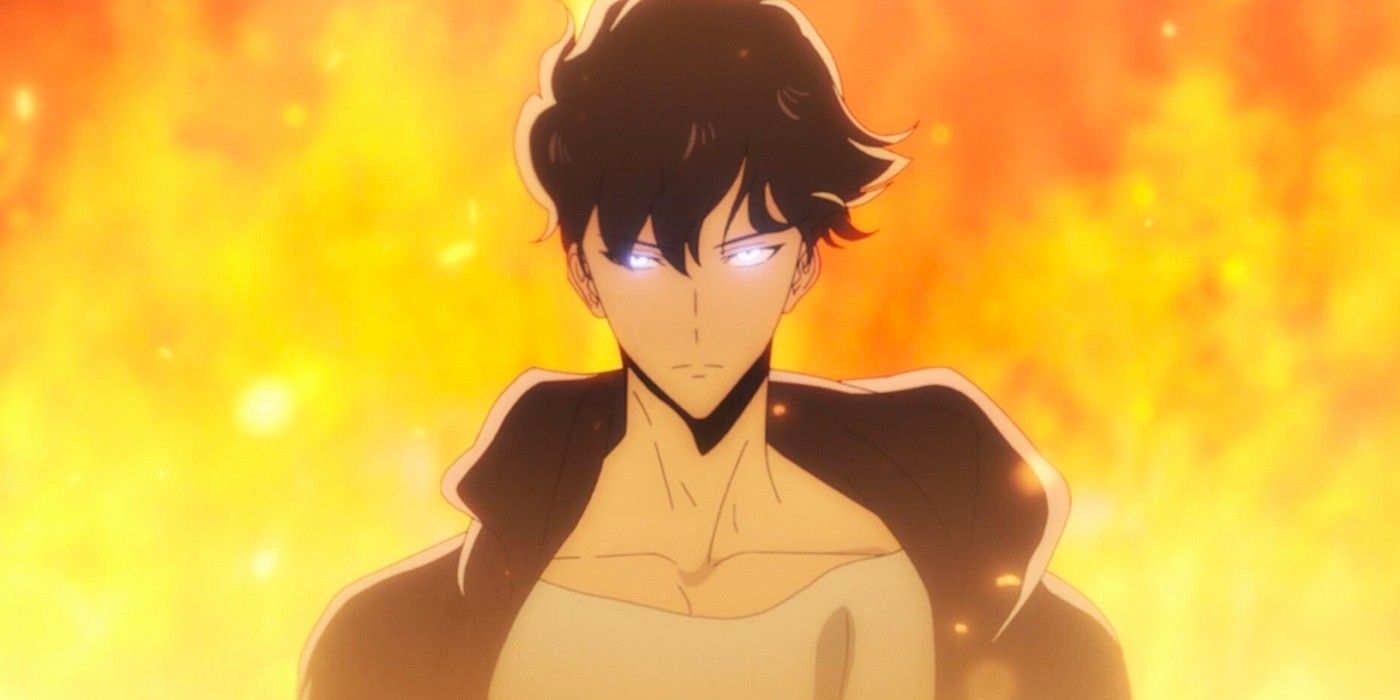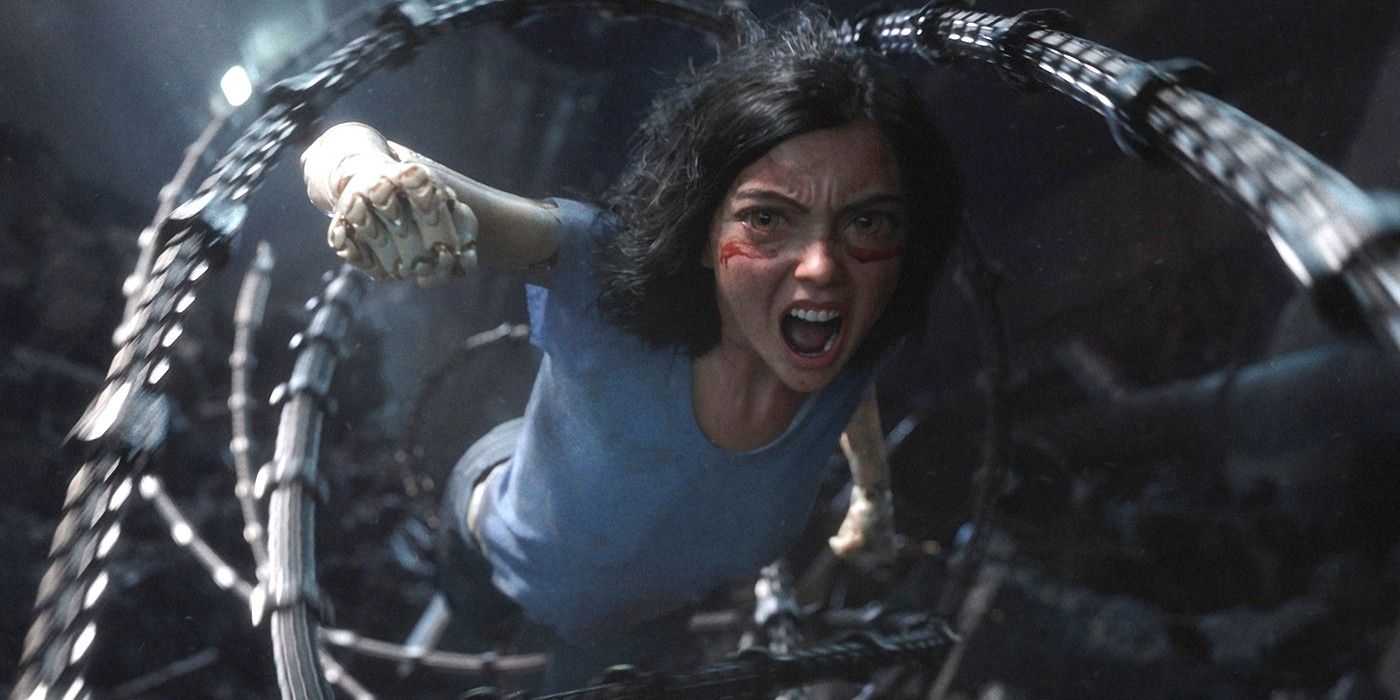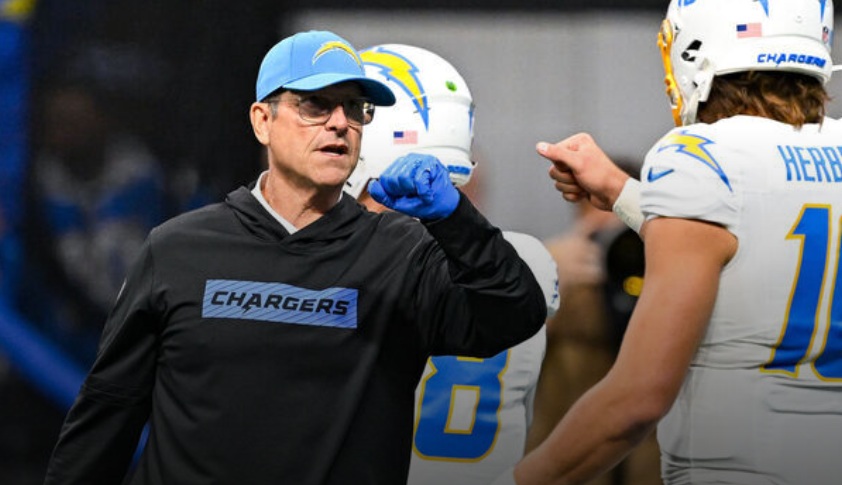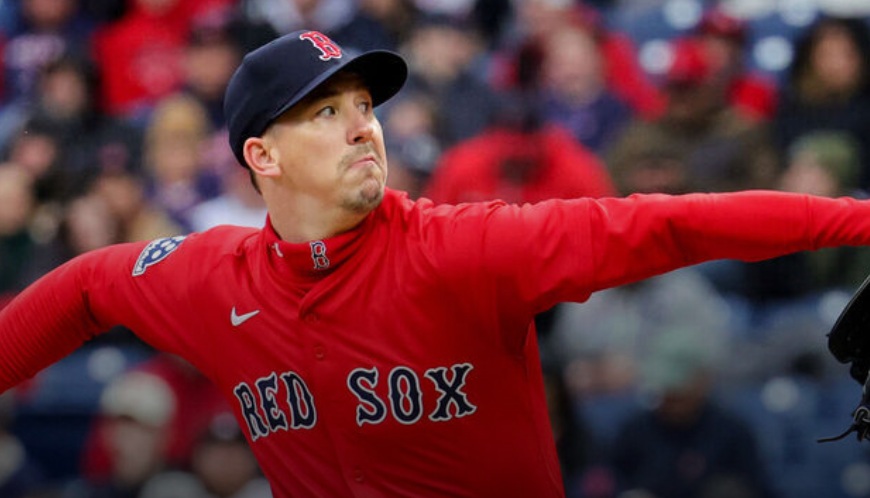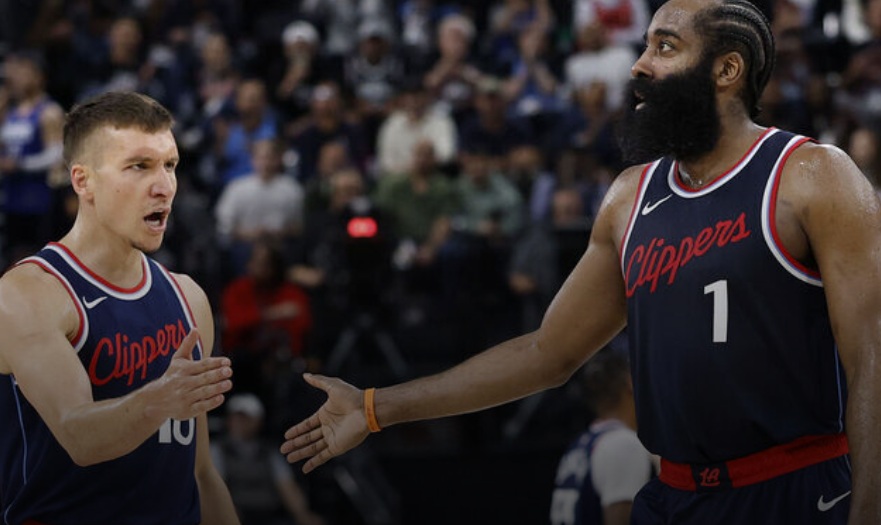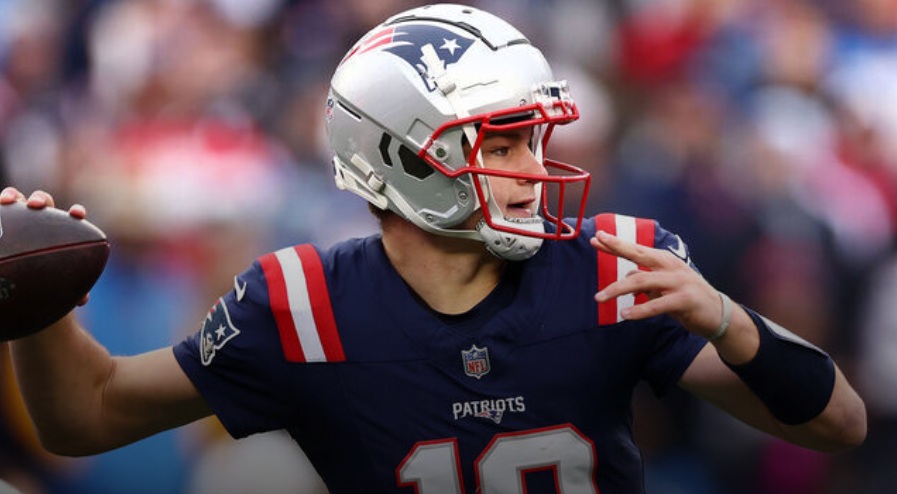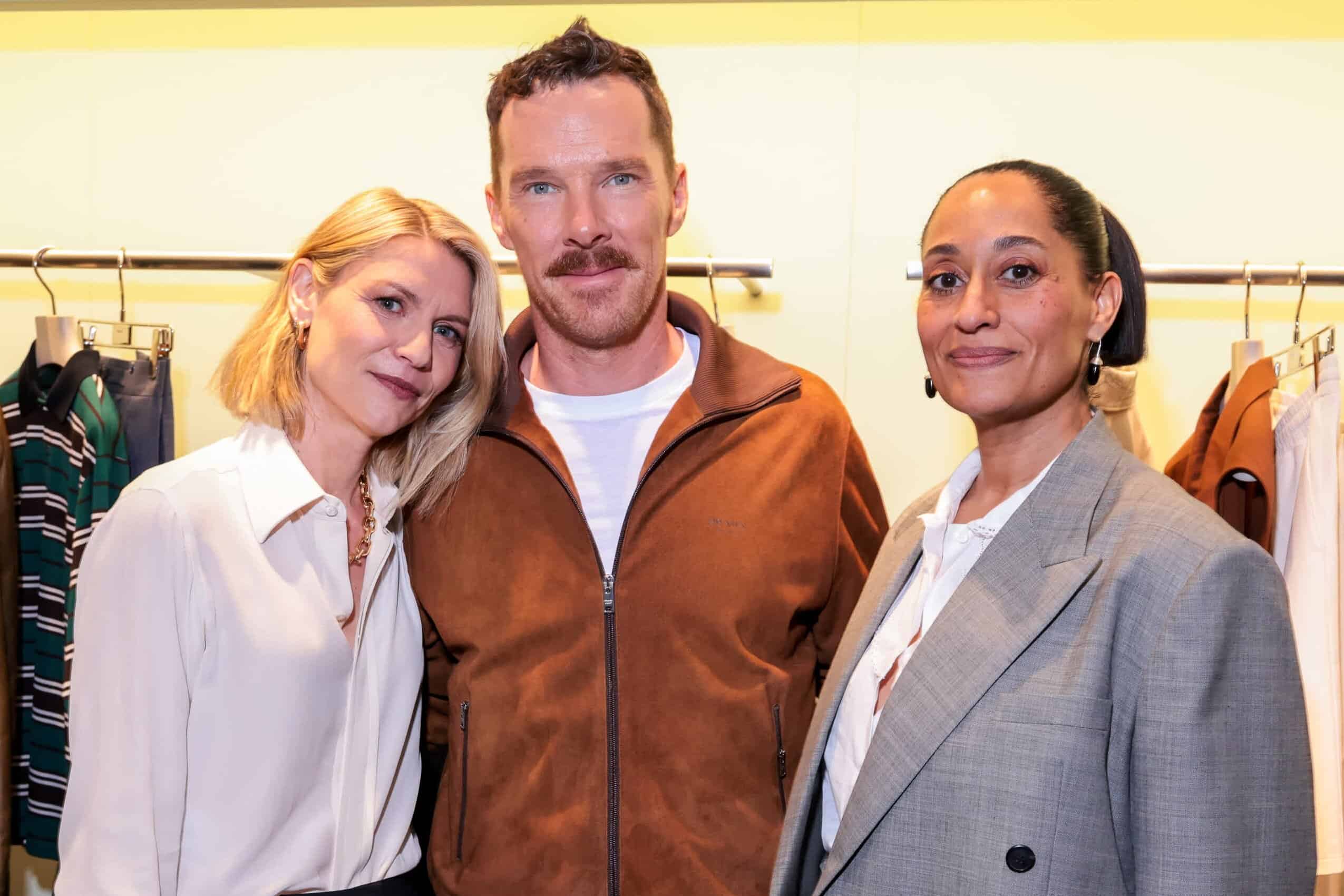Summary
- Stephen Fry shocked to discover his voice being used without consent by AI technology; highlights the exploitation and dangers of AI-generated content.
- AI replicated Fry’s vocal timbre and style from recordings of him reading Harry Potter, leading to unauthorized use in a documentary.
- Fry emphasizes the potential consequences, as AI can create any content based on someone’s voice or image without their knowledge or permission. Full deepfake videos are becoming just as convincing.
The multi-award-winning and acclaimed British actor, comedian, director and writer Stephen Fry was horrified to discover that his well-known voice was being plundered by AI technology and used without his consent. Having recorded hours of material for the Harry Potter audiobook series, as well the complete Sherlock Holmes library, there is a wealth of readily available samples of Fry’s voice, and it seems that some people have been quick to exploit the fact.
Amid the current strikes in Hollywood, which have the WGA and SAG-AFTRA fighting over regulations on the use of AI within the film and television industry, Fry discovered that his voice was used to narrate a documentary that he had no prior knowledge of. Only it wasn’t actually his voice, since thanks to the use of artificial intelligence someone was able to replicate his exact vocal timbre and style based on the actor’s reading of the seven Harry Potter books.
During a recent participation at the CogX Festival (via Forbes), the actor addressed this situation, showing the attendees a part of the documentary where a replica of his voice was used without his permission:
“I’m a proud member of [actors’ union SAG-AFTRA]. As you know, we’ve been on strike for three months now. And one of the burning issues is AI. I said not one word of that — it was a machine. Yes, it shocked me. They used my reading of the seven volumes of the Harry Potter books, and from that dataset an AI of my voice was created, and it made that new narration.”
Fry also spoke about the dangers that come with the use of these technologies, being able to create any type of content based on the voice or image of any person:
“What you heard was not the result of a mashup. This is from a flexible artificial voice, where the words are modulated to fit the meaning of each sentence. It could therefore have me read anything from a call to storm Parliament to hard porn, all without my knowledge and without my permission. And this, what you just heard, was done without my knowledge. So I heard about this, I sent it to my agents on both sides of the Atlantic, and they went ballistic — they had no idea such a thing was possible. You ain’t seen nothing yet. This is audio. It won’t be long until full deepfake videos are just as convincing.”
Is Artificial Intelligence Really the Problem?
A24
The advancement of different technologies has allowed cinema and television to create images, scenarios and sequences that years ago would have been impossible. James Cameron, for example, took so long to make his Avatar sequel because technology had not advanced enough to create the underwater world he wanted for Avatar: The Way of Water.
But while these tools can be helpful in many areas, they also represent a huge danger. However, the real threat is not the tools, but who uses them and how they are used. In Fry’s case, for example, it is the fact that they replicated his voice without his permission. If the actor had agreed this narration to be made based on his voice but without actually recording it, the story would be different. It may still be questionable, but it would have been done with his consent.
You can view the original article HERE.

